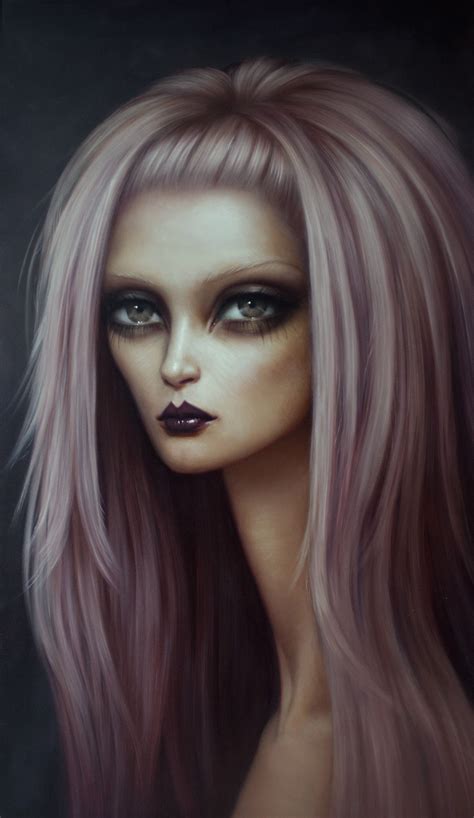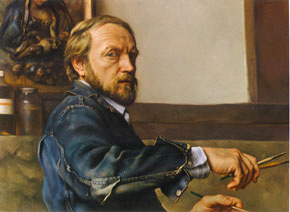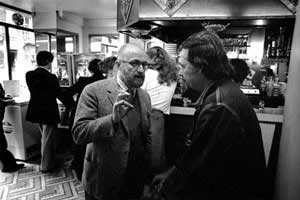A Quote by Alex Katz
Painting seems an old man's business. After a certain time you're out of it, and you just paint masterpieces.
Related Quotes
I like painting because it's something I never come to the end of. Sometimes I paint a picture, then I paint it all out. Sometimes I'm working on fifteen or twenty pictures at the same time. I do that because I want to - because I like to change my mind so often. The thing to do is always to keep starting to paint, never finishing painting.
Painting has always been a means of self-expression for me. Therefore, I paint because I have to and need to, not necessarily because I want to. Subconsciously or not, the figures I paint are a reflection of myself and whatever mood I am in at the time, so every painting is in essence a self-portrait.
My painting technique has not changed that much over time, although perhaps I am painting tighter and with more detail, in spite of a desire to loosen up and paint more expressively. One thing that has changed is my daily routine. I used to paint quite late into the night. It was a time I felt the creative spirits most active. As I have aged, my circadian rhythm has changed. I like to paint early in the day when I can avoid falling into the soul-sucking email world. Early dawn feels very similar to late night.
Each painting seems to have a very specific size it wants to be. I have even started a painting or two over just because I didn't like the feeling of the particular image at a particular size. The Parlor needed to be large because I wanted it to feel like a full-size room you could step into. Unfortunately for me, I paint the same way on an eight-foot canvas as I do on a five-inch miniature. I still use very tiny brushes and noodle every square inch. It took me nearly a year to paint The Parlor.
As I said just now, the world has gone past me. I don't blame it; but I no longer understand it. Tradesmen are not the same as they used to be, apprentices are not the same, business is not the same, business commodities are not the same. Seven-eighths of my stock is old-fashioned. I am an old-fashioned man in an old-fashioned shop, in a street that is not the same as I remember it. I have fallen behind the time, and am too old to catch it again.
Painting allows me to use other portions of my brain pleasurably. Irony plays no part in what or how I paint. I paint the particular subject matter not to make polemical points but because I am interested in the human imprint on the landscape. I paint the landscape of my time and place with the stuff in it.
Think of a fine painter attempting to capture an inner vision, beginning with one corner of the canvas, painting what she thinks should be there, not quite pulling it off, covering it over with white paint, and trying again, each time finding out what her painting isn't, until she finally finds out what it is. And when you finally do find out what one corner of your vision is; you're off and running.





































